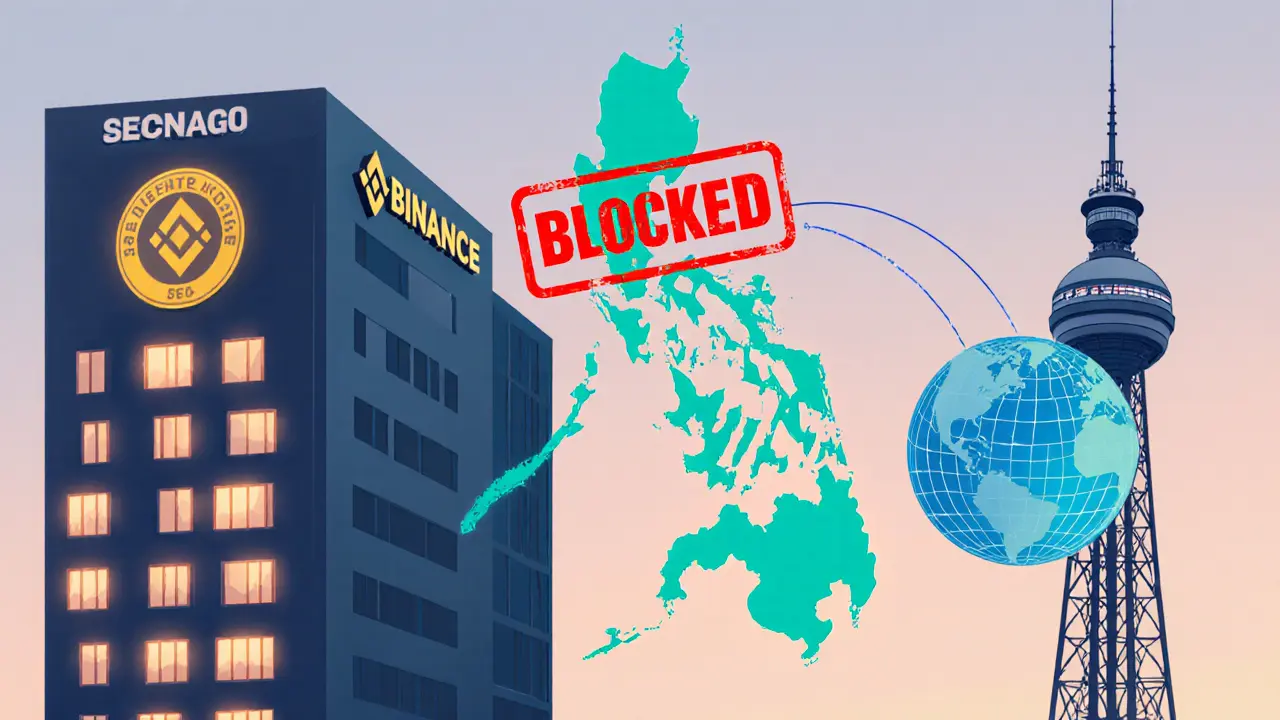Cryptocurrency Regulation Philippines: What You Need to Know
When talking about cryptocurrency regulation Philippines, the set of laws, guidelines, and regulatory bodies that oversee digital assets and crypto activities in the Philippines. Also known as Philippine crypto rules, it shapes how exchanges, wallets, and token projects operate. cryptocurrency regulation Philippines is driven mainly by Bangko Sentral ng Pilipinas (BSP), the central bank that issues circulars on virtual currency services and enforces AML standards and the Philippine Securities and Exchange Commission (SEC), the agency that treats certain tokens as securities and requires registration. Together they create a framework where compliance, consumer protection, and financial stability are top priorities.
Core Elements of the Framework
The first building block is crypto licensing, a mandatory registration for any entity offering crypto exchange, wallet, or payment services. The BSP’s Circular No. 1175 sets clear capital, KYC, and reporting requirements. Without a license, a platform can be shut down and face hefty fines. Next comes Anti‑Money Laundering (AML) compliance, obligations that force crypto businesses to monitor transactions, report suspicious activity, and keep detailed records. These rules mirror global standards and link directly to the licensing process—a business can’t be licensed without an AML program in place.
Both licensing and AML are tied to the broader concept of regulatory sandbox programs, controlled environments where innovators test new blockchain solutions under regulator supervision. The BSP runs a sandbox that lets startups experiment with DeFi, stablecoins, or payment gateways while staying compliant. Participation often speeds up the full‑license journey because regulators get a firsthand look at the tech and the team’s risk controls.
For businesses, the practical checklist looks like this: (1) Register with the BSP and get a crypto exchange license; (2) Implement a robust AML/KYC system that flags large or unusual transfers; (3) If the token resembles a security, file the appropriate prospectus with the SEC; (4) Consider joining the BSP sandbox to pilot novel features; and (5) Keep up with periodic circulars that may tweak capital or reporting thresholds. Those steps turn the abstract legal landscape into actionable items you can tick off before launching a service.
Investors also feel the impact. License‑holding exchanges boast higher security guarantees, while unregistered platforms risk sudden shutdowns and loss of funds. The SEC’s stance on security tokens adds another layer: if a token is deemed a security, it must comply with disclosure rules, which can affect price volatility and trading access. Understanding these nuances helps you pick safer venues and avoid projects that might run afoul of the law.
Below you’ll find a curated set of articles that break down each of these pieces—licensing guides, sandbox walkthroughs, AML best practices, and deeper looks at how the BSP and SEC shape the crypto scene in the Philippines. Dive in to see how the rules translate into real‑world strategies you can apply right now.

Binance and Bitget Restrictions in the Philippines - What Traders Need to Know
Nov 8, 2024, Posted by Ronan Caverly
A clear, up‑to‑date guide on how the Philippines SEC's ban on Binance and new CASP rules affect Bitget, covering VPN work‑arounds, penalties, compliance steps, and future outlook.
MORESEARCH HERE
Categories
TAGS
- decentralized exchange
- crypto exchange
- crypto exchange review
- crypto coin
- crypto airdrop
- cryptocurrency
- CoinMarketCap airdrop
- cryptocurrency trading
- smart contracts
- tokenomics
- DeFi
- cryptocurrency exchange safety
- crypto airdrop 2025
- cryptocurrency airdrop
- cryptocurrency exchange
- MiCA
- crypto airdrop guide
- blockchain token distribution
- crypto token
- Portugal crypto tax
